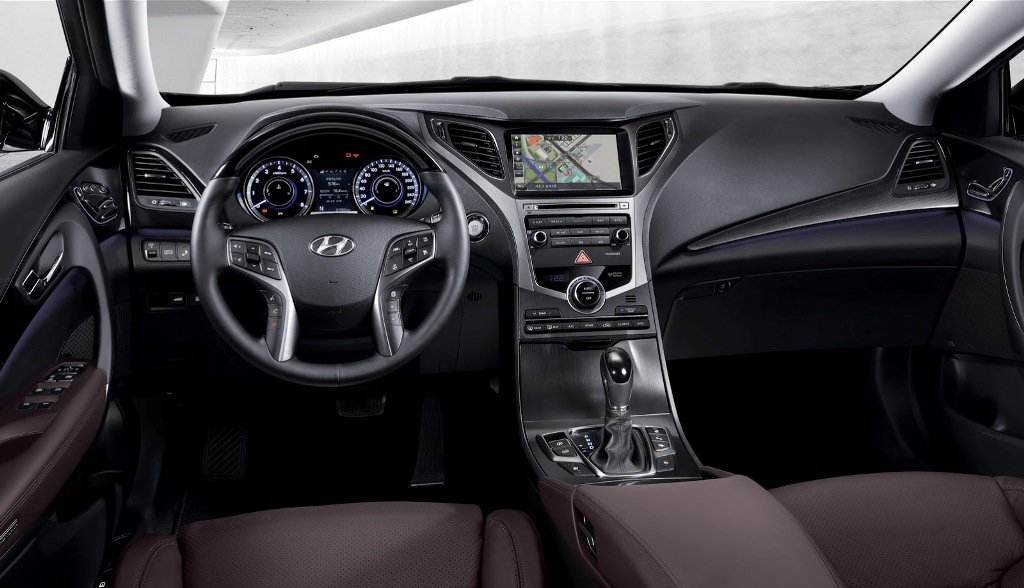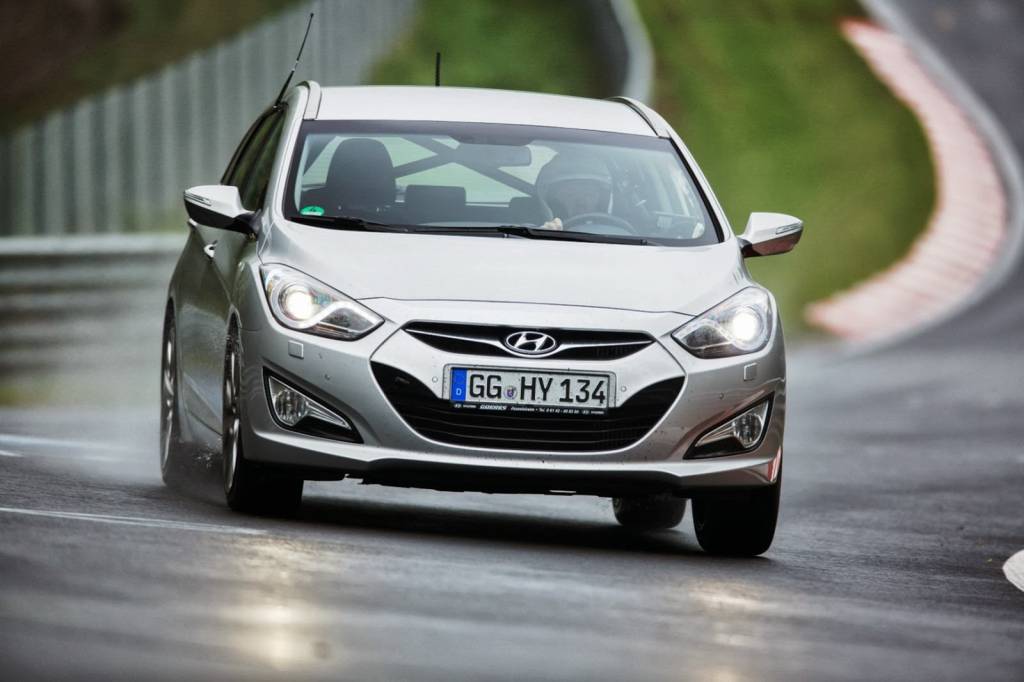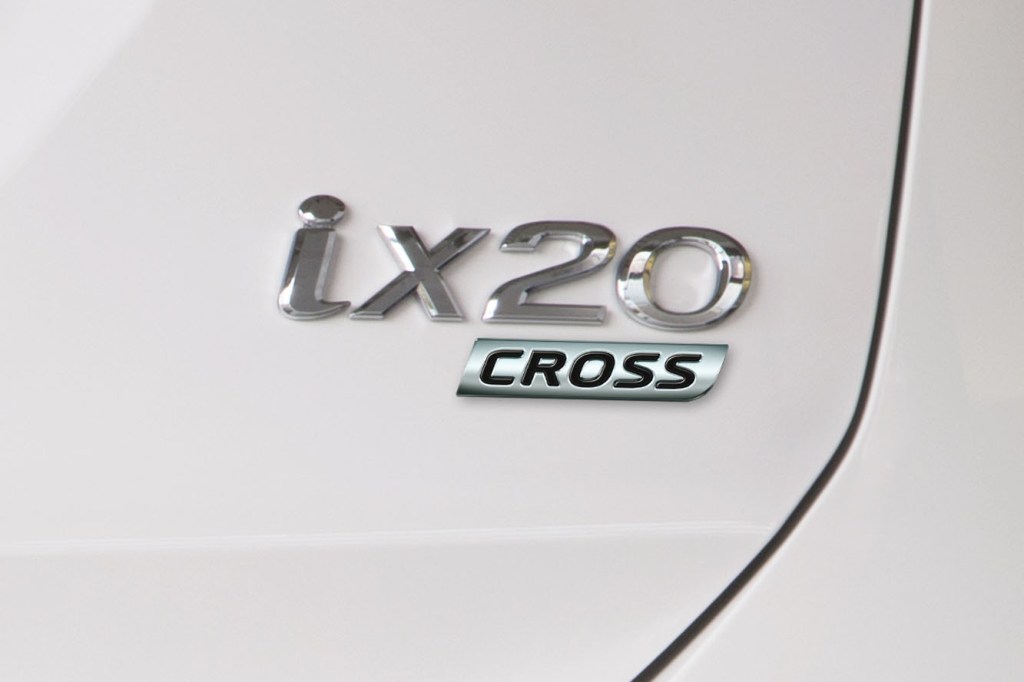Change in top management brings about changes in plans at various levels. Plans once made might undergo vast changes under the new head. Perhaps something similar has happened at Hyundai India. In 2010, under the leadership of Han Woo Park, the Korean car maker took up a feasibility study and announced to invest Rs. 400 crore in a diesel engine plant. But due to the slowdown, the plan was put on hold. It was expected that this year the Korean carmaker would go ahead with the plan after the Budget spared auto industry from additional tax on diesel vehicles. The plant was projected to have an annual capacity of 1.5-lakh units of 1.1-litre, 1.4-litre and 1.6-litre diesel engines combined.
But Bo Shin Seo, the current Managing Director, has decided to scrap the entire plan and start a fresh feasibility study. The decision to set up a new plant will be taken only after a thorough study is done, which will take another two weeks. The company plans to weight the pros and cons of setting up a diesel engine plant in India to ensure they get maximum return on their investment. Currently, Hyundai Motor India Ltd. has an installed capacity of 6.7 lakh vehicles annually and it imports the diesel engines from Korea.
Hyundai was the first manufacturer to bring in CRDi technology to a volume vehicle. The company launched the Accent CRDi, which used a 3-cylinder diesel engine and offered good performance along with stupendous mileage. The 1500cc diesel Accent produced 82 PS of power and 187 Nm of torque, which was a revolution of sorts at that time. The engine did have its flaws but is responsible for other manufacturers bringing in common-rail diesel motors in the market. By locally manufacturing diesel engines, Hyundai will be able to save on costs, which will in-turn help them in pricing their diesel vehicles very aggressively.





